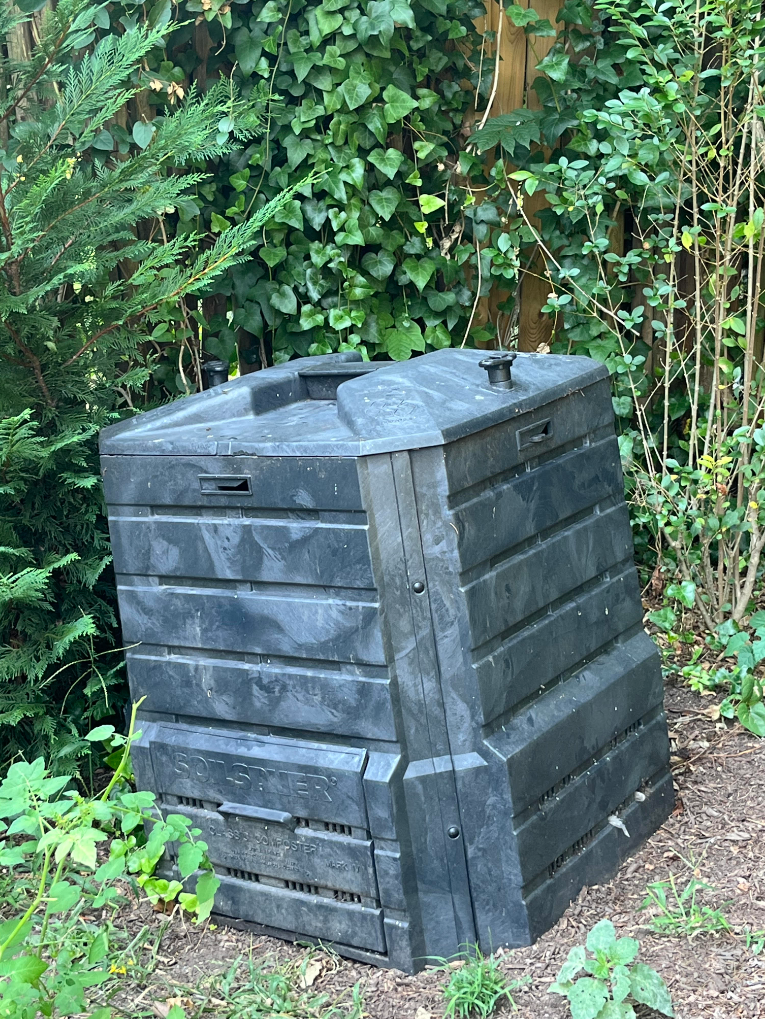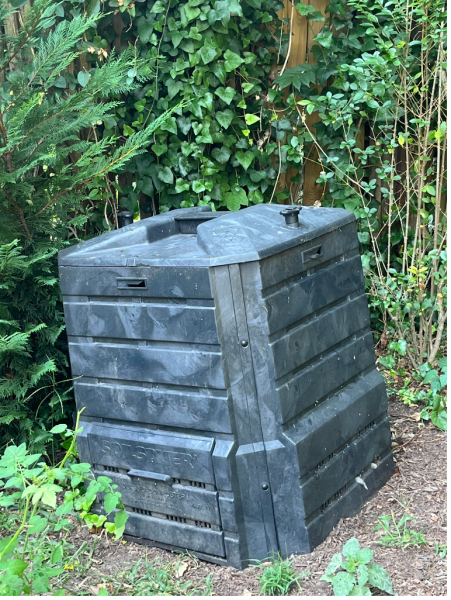Food Waste-What a Waste of Space
Supermarkets teeming with aisles offering any culinary commodity that could ever be desired. Trader Joe’s trips, Target runs, a last minute stop at Giant for fresh milk–the options are endless. From crunchy Cheetos to the iconic baguette, food is an integral and defining part of society. Everyone can partake in the joy of food no matter their differences and all humans need food to survive. However, society is often so focused on the product that the full lifeline of the product is ne- glected. Not only is there an environmen- tal footprint for producing the food and transporting it to the dinner plate, there is also an equal impact from discarding the leftovers. Everyone is familiar with having bigger eyes than their stomach. While this hyperbole accurately captures the conun- drum of getting too much food, it omits the devastating environmental impact from such actions: food waste.
Food waste is a major issue prev- alent throughout all areas of the globe. Economically, it is simply disheartening where a third of the food produced for human consumption (1.3 billion tons to be exact) is wasted. Additionally, more than 400 billion dollars worth of food is wasted each year in the United States alone. Not only is it a cost deficit, but food waste is also an inherently ethical issue in which 925 million people are starving across the planet ,yet enough food is wast- ed to feed three billion people every year. These numbers are staggering in which society produces over a threefold amount of food to feed the starving but such food is wasted. This demonstrates the hole in the food production system that, if fixed, would feed the hungry and reduce the environmental burden. Additionally, food waste directly contributes to global warming by releasing methane. Often less considered than more well-known carbon dioxide, methane is actually eighty times more potent than carbon dioxide in the first twenty years. Thus, with such capacity for harm, methane escalates climate change through its enhanced warming capabilities. On the scale food is wasted, this methane quickly intensifies greenhouse gas emissions as food waste accounts for around eight percent of emissions globally.
While lots of environmental issues, such as fossil fuel usage, are primarily out of local citizens’ control, food waste is one area where ordinary people can change for the better. In fact, the biggest contributor to food waste stems from
the household with 37% of food waste originating from homes. This shocking statistic doesn’t need to be reality though. By transforming habits, society can stop wasting food to then feed the hungry and help the environment. Luckily, it doesn’t require too much effort to result in sub- stantive changes. Here are some ways to diminish food waste:
-Buy only what one needs: planning out meals and corresponding grocery trips in advance results in purposeful shopping that helps prevent creating food waste. Such planning also saves money
as well.
-Clean out of the back of the fridge: ever find behind the milk that previous- ly-delicious chicken alfredo riddled with mold spots and emitting a pungent smell?
By taking the time to clear out the fridge, one can take stock of all food to prevent food from spoiling and also diminish the need for another grocery trip.
-Eat leftovers: by doing so, one stops edible food from being wasted and reduc- es the need to make more food.
-Adopt smaller portions: sharing dishes at restaurants or making less food at home reduces the likelihood of food waste being created.
-Donate extra food to those in need: this diverts food waste from ending up in a landfill where it would produce methane and helps feed those in need of an extra meal.
One of the most practical solutions to food waste is composting: the environ- mentally friendly process which trans- forms food waste into nutrient-rich soil. Composting can easily be done at home and requires little energy for rewarding results. Auks for the Earth is currently undergoing the process to establish a compost at Archmere for the community and all the food waste generated in the SLC. This compost would significantly reduce Archmere’s environmental footprint and generate healthy, nutrient-rich soil to be used around campus. Until then, food waste can best be managed throughout Archmere by active prevention and deliberately wasting less food.
















